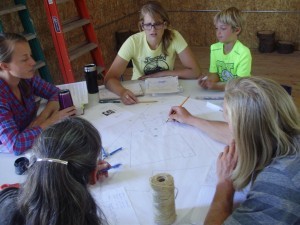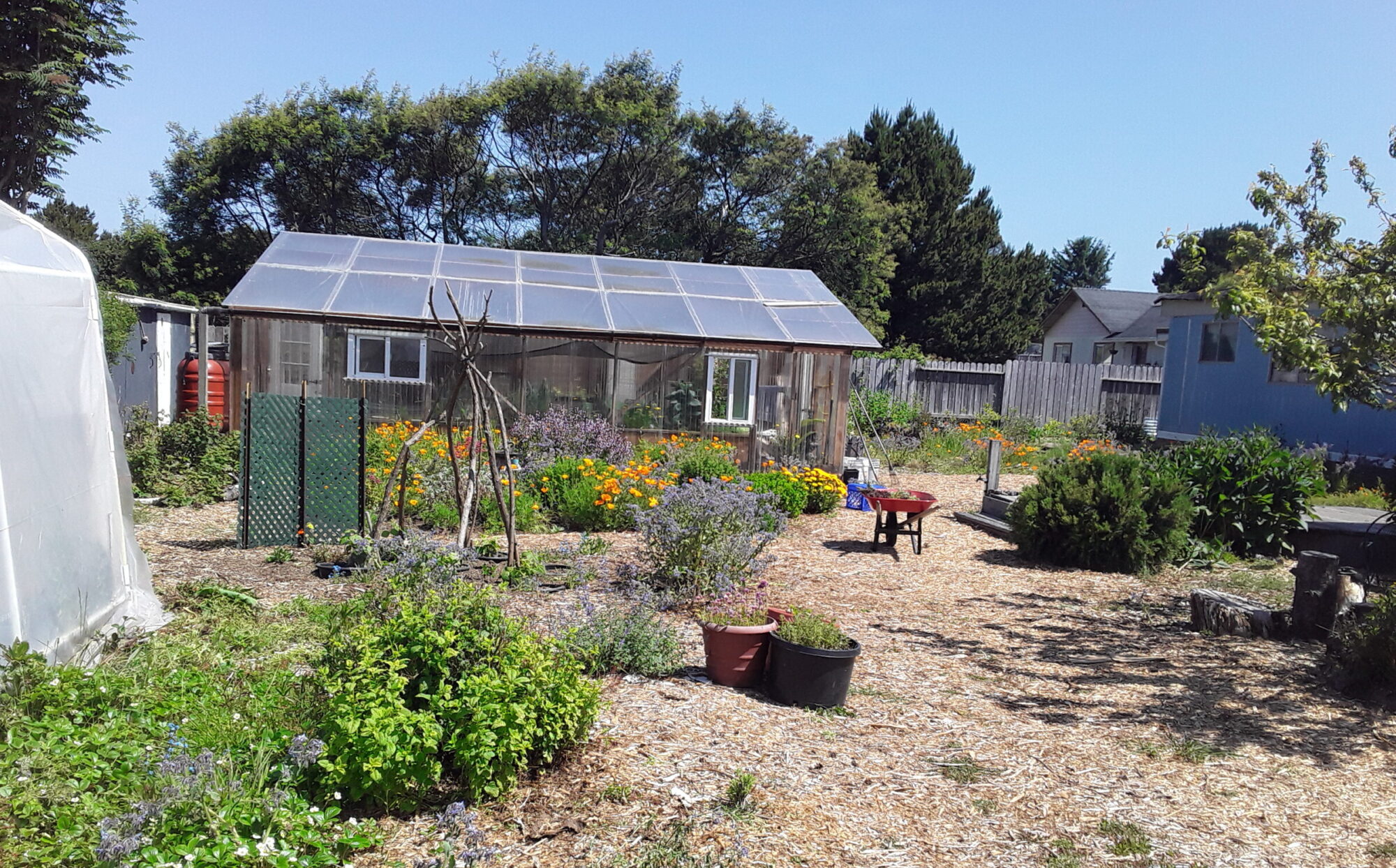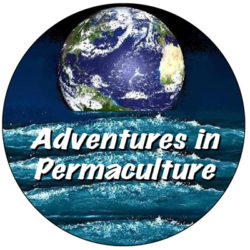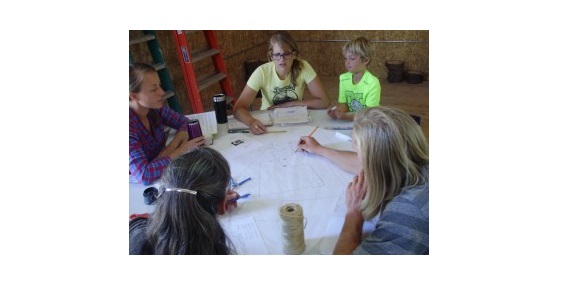
by Trudy Thomas
Permaculture taken seriously is a hard pill to swallow. The ethics and principles used in the design process are not motivated by endless growth and accumulated wealth, but on working with others in a non-competitive manner. For most Americans, this is like trying to write with your non-dominant hand. It’s so … awkward.
Pikes Peak Permaculture’s September design certification class met for the second time at Venetucci Farm where the six teams worked on conceptual designs. Designs focused on the larger patterns we had observed. Zones for the flow and use of energy played a prominent role as did sectors or outside forces that move in a definite direction across the sites. Out of these patterns, design ideas were generated and guided by the 12 principles. At the end of the weekend, teams presented their preliminary design to the rest of the class.
Related: See photo gallery from the Sept. class
But what emerged as the hardest part of the whole process was something permaculturist Brock Dolman of California’s Occidental Arts and Ecology Center calls the “ego system.” It’s the system of interpersonal relationships where power raises its ugly head: One team member wants the food forest “here” and another member wants it “there;” someone dominates discussions time and time again, bulldozing the ideas of others; hard-won information is not easily shared.
The drive to “show up” the other teams begins to seep into the process as do concerns others will steal ideas. The ego system creates stress, ill will and whispered conversations. It destroys Permaculture.
It’s not that anyone in the class intends to be competitive. It’s ingrained. Our society runs on it. We all feel its adrenaline. Permaculture challenges us not to act upon it, to let its poison run its course so that we become immune to it.
Asked about the best way to get going as a permaculturist, Permaculture Co-founder David Holmgren suggested a personal approach. “Whatever the starting point, it should become clear that the most important application of permaculture ethics and principles is to the self, through a process of self-audit of our needs, wants, dependencies, creative and productive outputs and byproducts of our very existence,” Holmgren said.
In other words, we become the change we seek.
Clearly we must constantly remind ourselves of the principles and Permaculture ethics: earth care, people care and fair share. Because the truth is, we need all of it and all of us in order to survive into the future.


